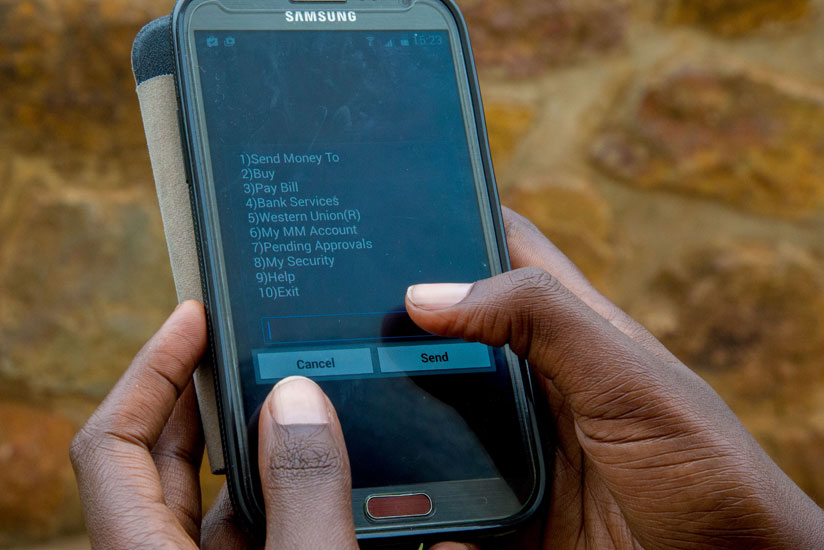Rwanda’s progress towards financial inclusion has received international recognition from Brookings Financial and Digital Inclusion Project (FDIP), a global report that evaluates and ranks countries based on dimensions of financial inclusion.


Rwanda’s progress towards financial inclusion has received international recognition from Brookings Financial and Digital Inclusion Project (FDIP), a global report that evaluates and ranks countries based on dimensions of financial inclusion.
In its first ever such report, the American think-tank ranked Rwanda fourth out of the 21 countries evaluated on the basis of country commitment, mobile capacity, regulatory environment, and adoption of traditional and digital financial services.
The report noted that Rwanda was fully committed to eliminate financial exclusion as was evidenced from several strategies under implementation including community savings and credit cooperatives, mobile financial services run by telecoms, financial literacy among others.
The authors of the report estimated the current levels of financial inclusion to be at about 38 per cent as of 2014 out of about 7 million adults allocating a 75 per cent score.
"As of 2014, progress toward greater financial inclusion was evident, with about 38 per cent of adults holding an account with a formal financial institution,” the report read in part.
Among the challenges identified in the financial inclusion process include a large rural population and low familiarity with formal financial services.
However the report’s authors were confident that with an enabling regulatory environment and concerted government support for financial inclusion, Rwanda was well-positioned to continue to strengthen its financial inclusion status.
The National Bank of Rwanda has a target of over 80 per cent of the total population by 2017.
Neighbouring Kenya was ranked first with 89 per cent, South Africa second while Uganda came fourth.


